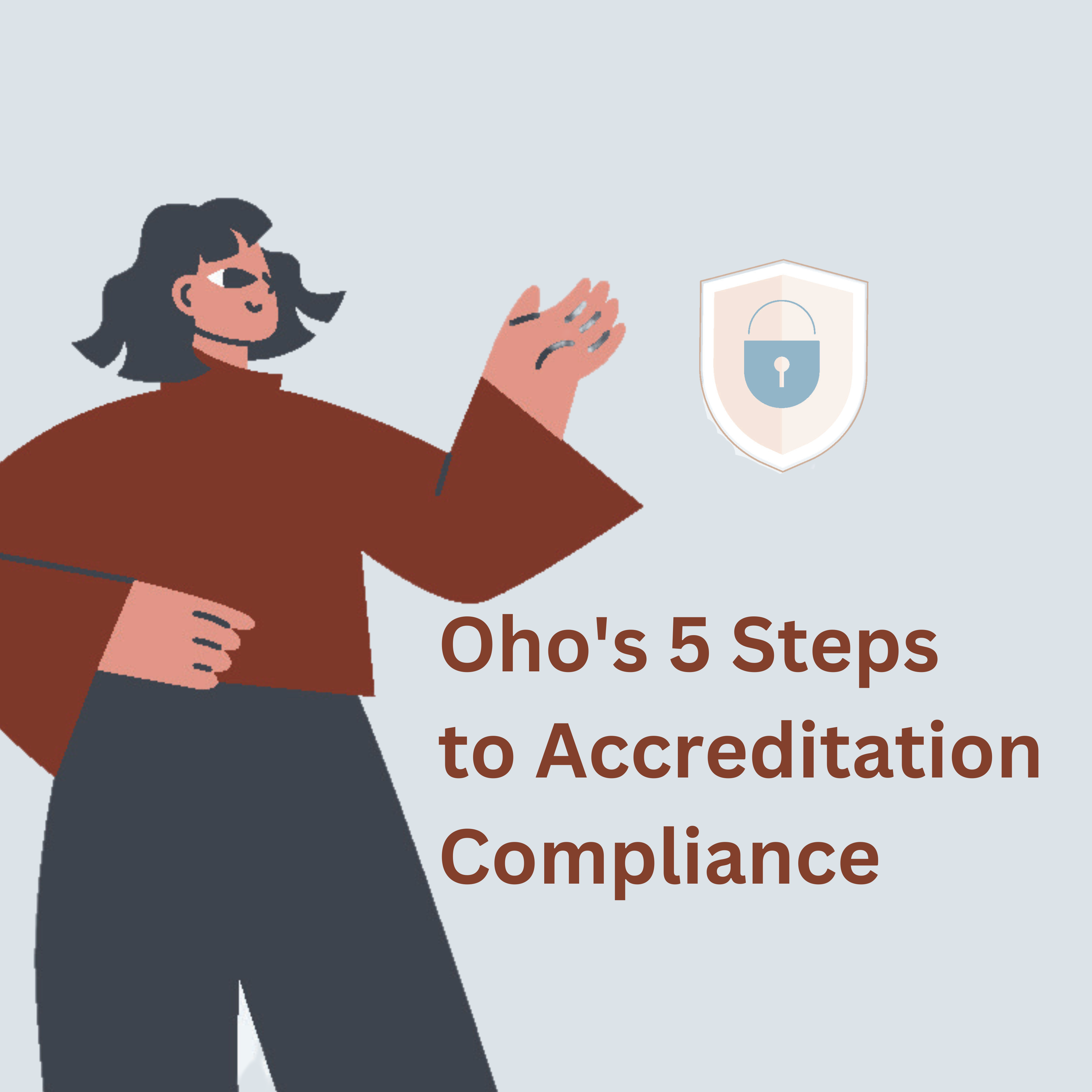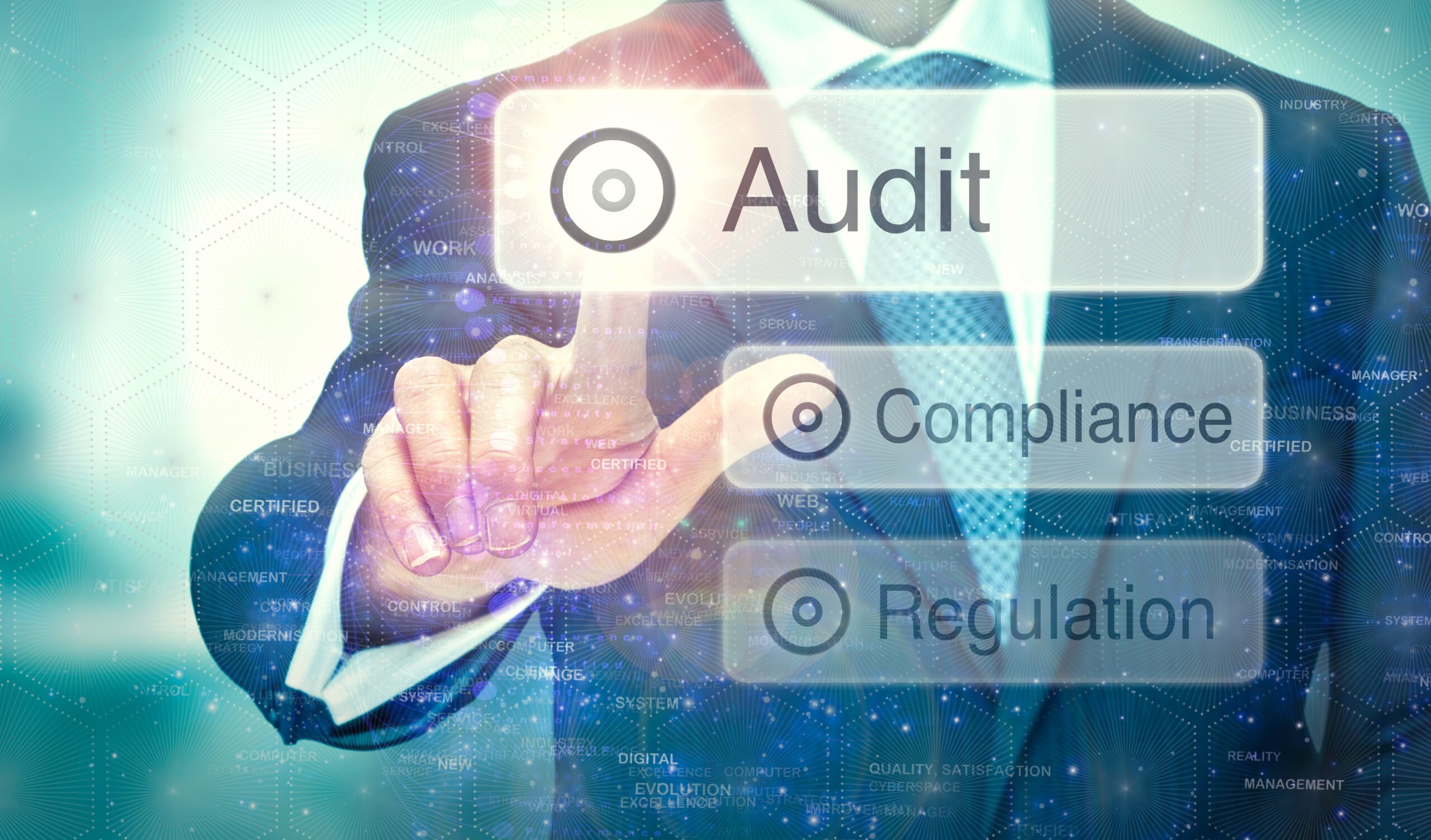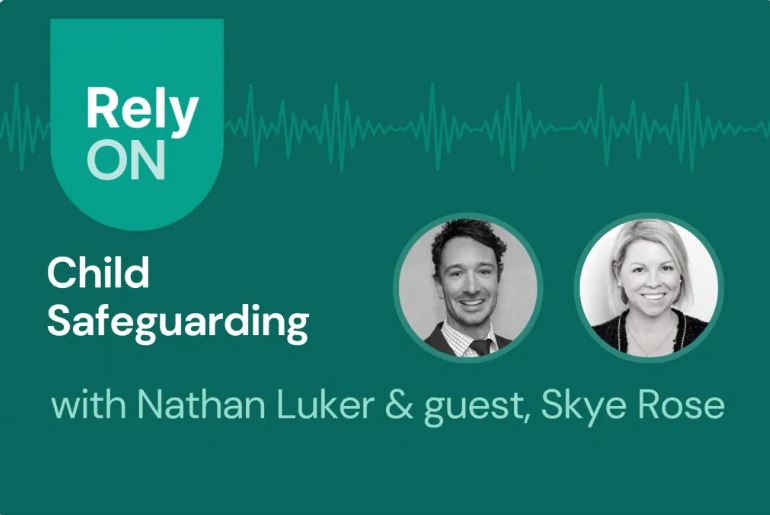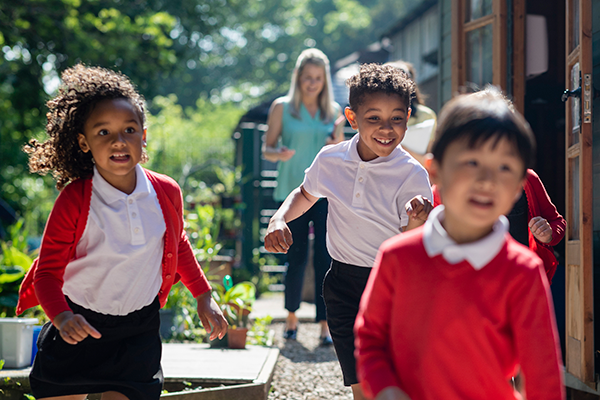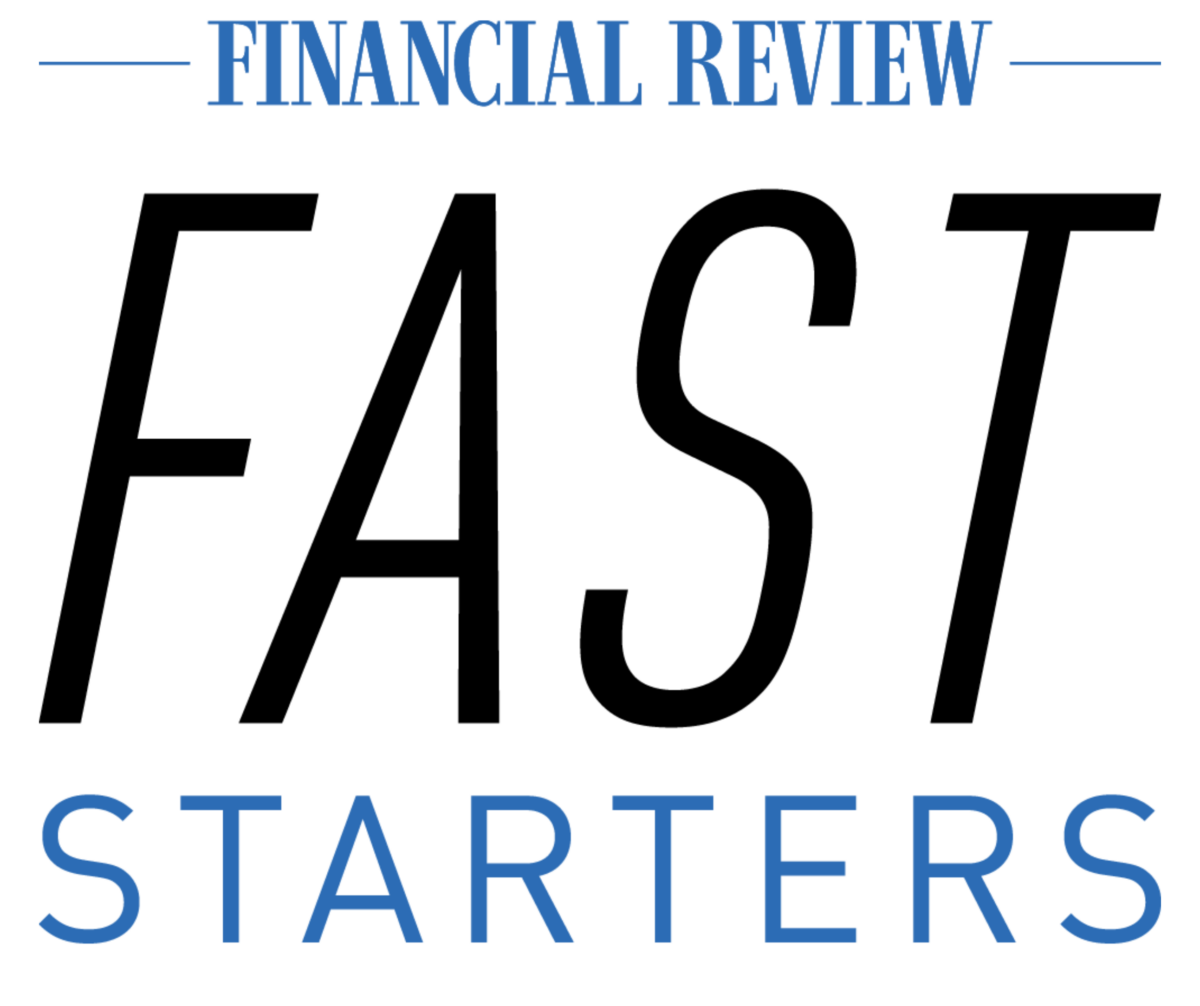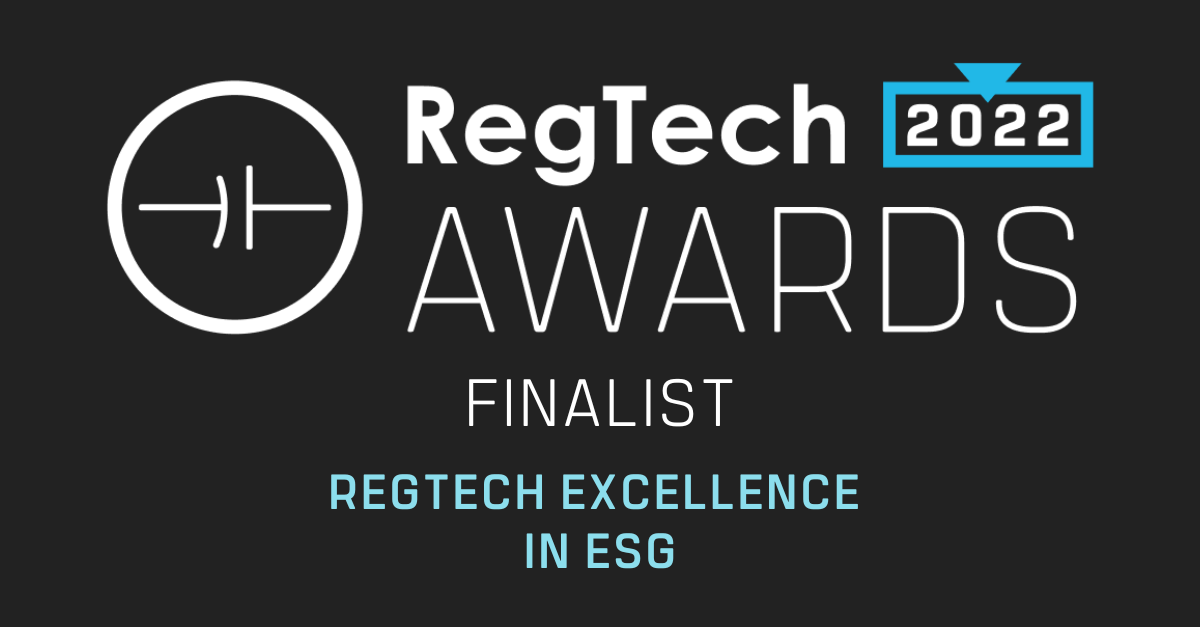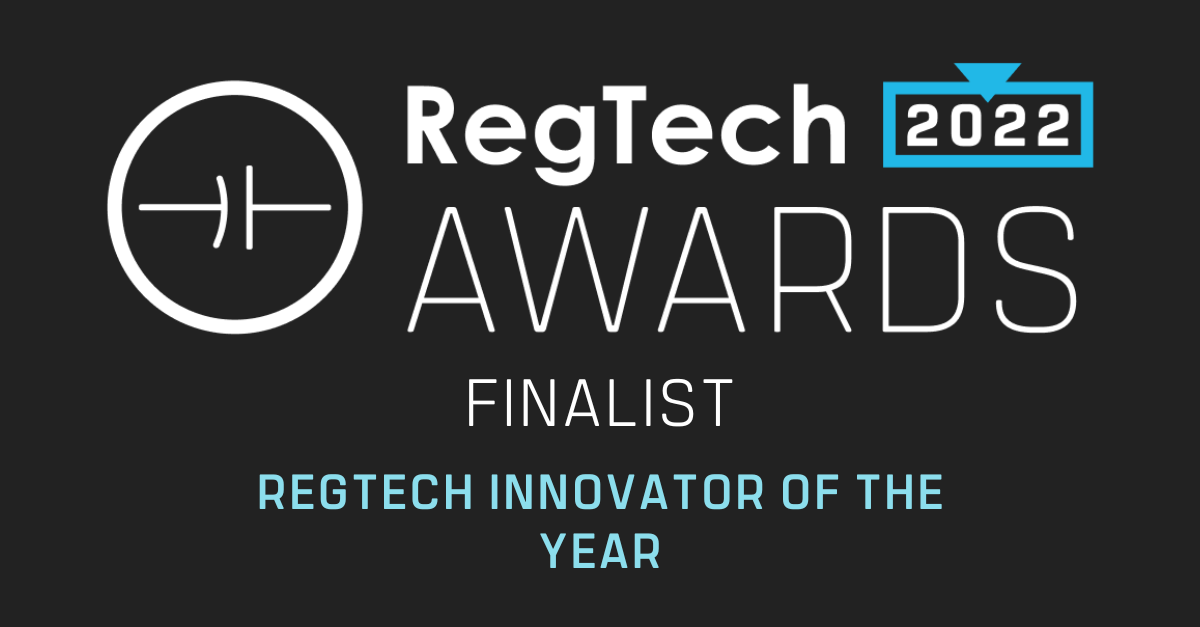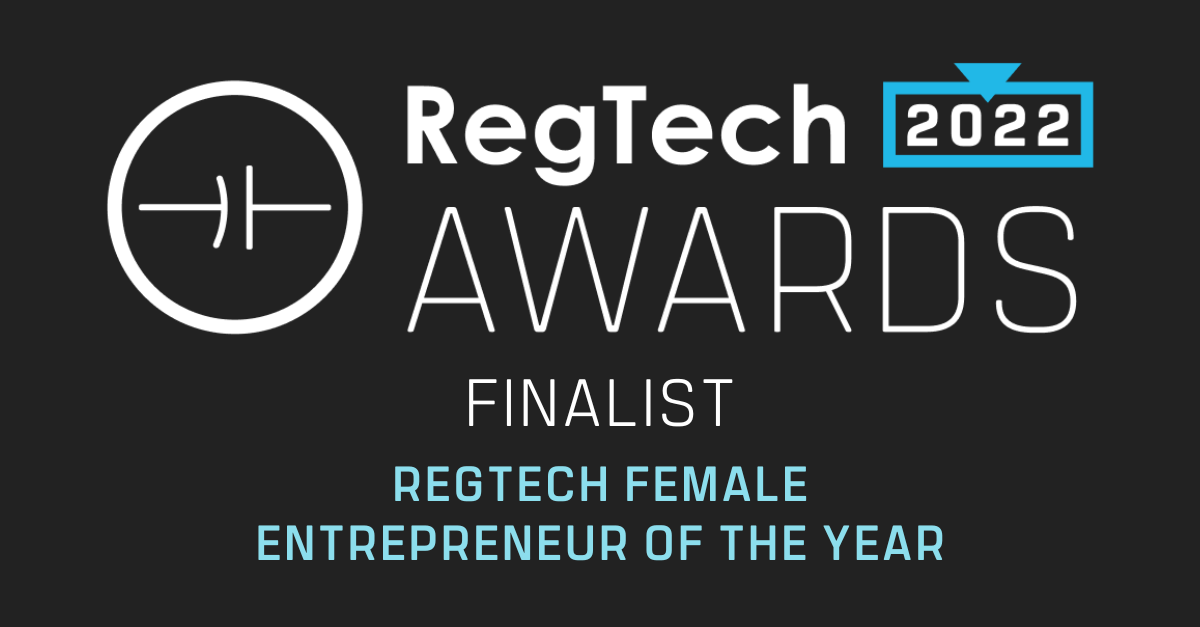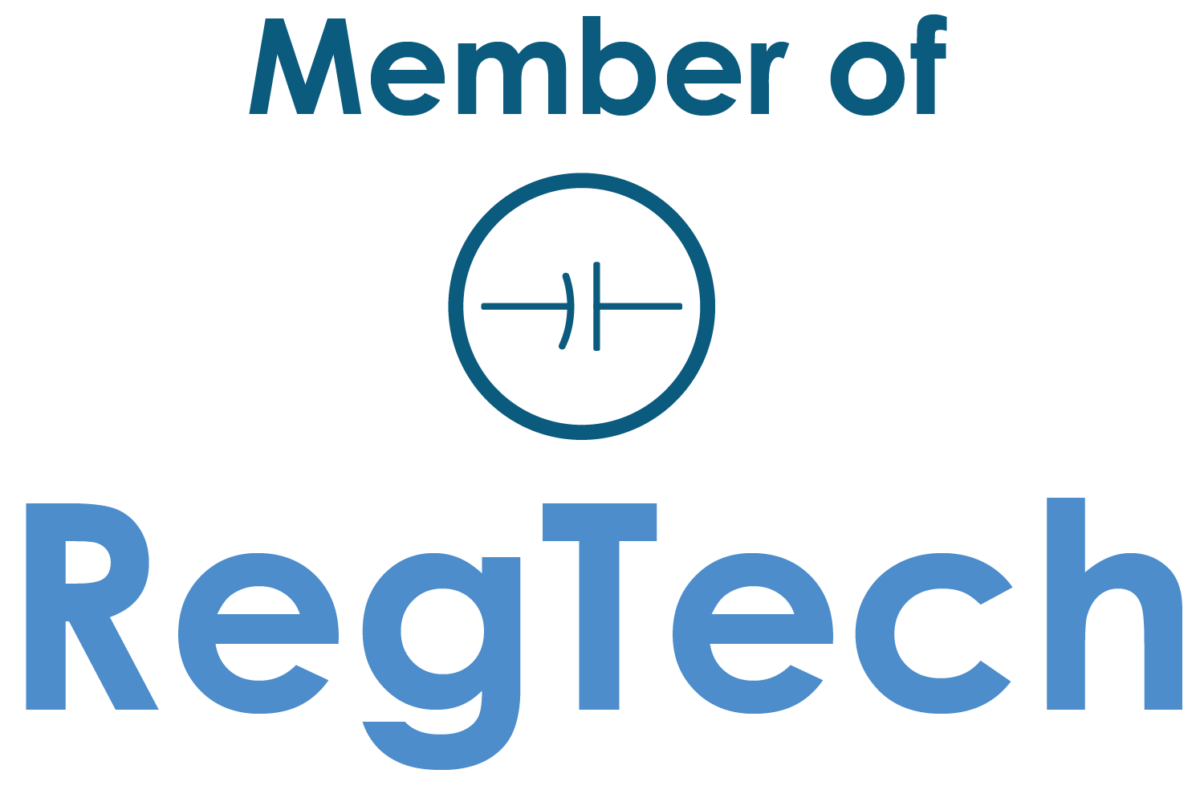Oho uses the information you provide us with to contact you about relevant content, products and services. You may unsubscribe at any time. For more information, see our Privacy policy.
Claire Rogers, Oho Co-Founder, Discusses the Capital Gap for Female Founders
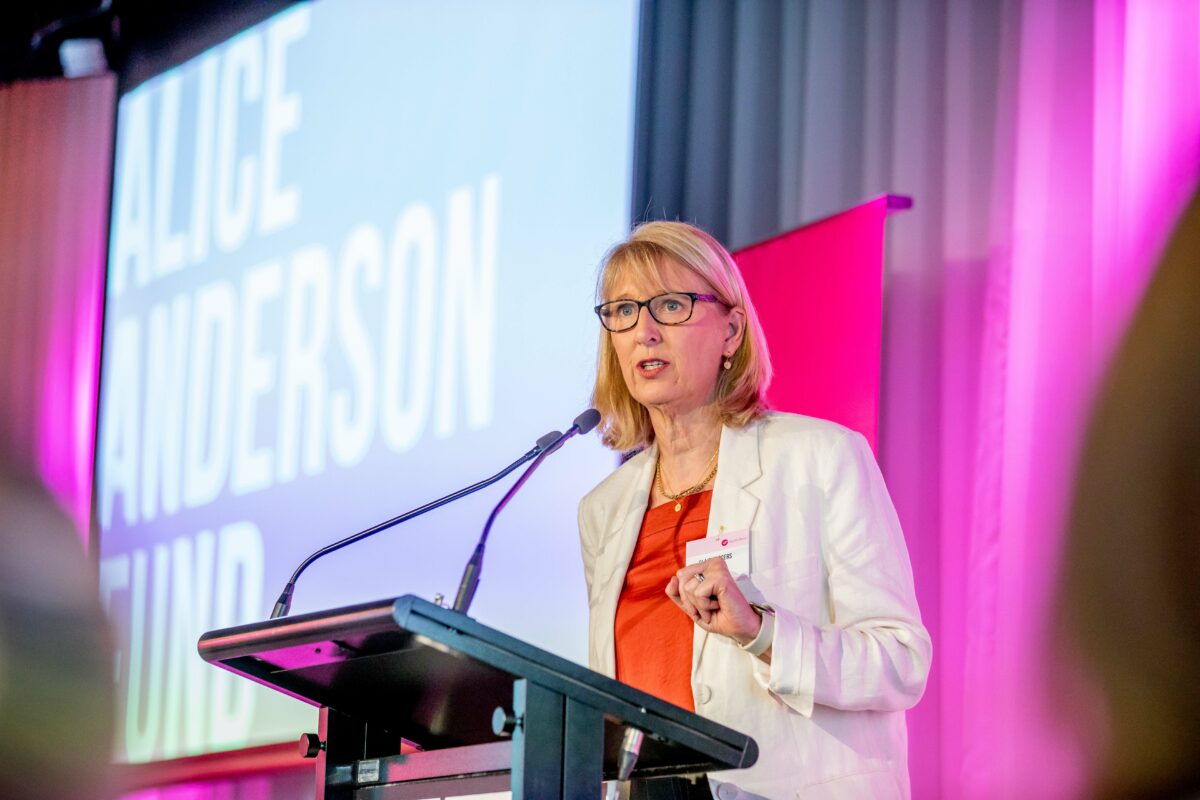
Being International Women’s Day, it’s time to have a real conversation about the gap in capital investment for female founded start-ups. We’ve put diversity targets on employment, so is it time for VCs to have to disclose formally how much money they’re giving to female founders?
When we started Oho, we were and are continuing to work in a blue ocean – there was nobody doing software and digital tech for such a great purpose.
Oho is an automated SaaS risk mitigation tool to assist our care industries manage the right to work accreditations of their workforce, contractors and volunteers with ongoing oversight – to help them achieve strong audit compliance and ultimately reduce incidents of abuse, malpractice and breaches.
We were originally inspired by the Royal Commission into institutional child abuse and now Disability and aged care – applying data management. For big and small organisations, compliance in this area can be a huge burden and it’s a lovely proposition to be able to say, we can protect your mission and lift that burden for you.
From education, sport, disability, healthcare, community welfare, and high risk contexts like foster care, we strengthen the lattice of protection around Australia’s most vulnerable. With nearly 100 customers we cover more than 1.5m children and the vulnerable as they go about their daily activities by ensuring their 45,000 carers hold and continue to hold current valid accreditations such as WWCCs, and teachers’ licenses by verified regularly against the government portals.
Our story with The Alice Anderson Fund is one of strong networks and commitment.
Our investors from Save the Children and Scale Investors encouraged us to look at Alice to close out our round, and Bec Rozencwajg and the LaunchVic team worked closely with us to understand the eligibility criteria and make the assesment process as seamless as possible.
The support from that group of women coming together to get us in shape to be assessed was simply fantastic and a huge encouragement to me personally as well as the broader Oho team.
Something that happens more commonly for male founders I’m sure but exciting to see intentional commitment from a group of smart capable women to see us become part of Alice.
We are early in our journey with Alice but I can see the insight, connection and opportunities across Government – having an investor that understands government is great and PR opportunities have come through too. And LaunchVic connections and support are beginning to emerge as well.
I strongly encourage all entrepreneurs to not just take the money.
Giving away equity is worth every percent if investors bring things to the business that can help you succeed and scale. Things like access to investor’s networks have been crucial to us to influence and unlock sales (particularly because we are in a blue ocean so any external voices explaining why our product is so important and compelling is very helpful).
The opportunity to connect to a Portfolio of early- stage women-led businesses for encouragement, sharing the challenges and peer support has come through Alice. Government support for initiatives like the Alice Anderson Fund is so critical for our female entrepreneurial community.
The fact remains that the amount of money given to female founders in Australia is a lot lower. The number of placements is much higher than the share of the money.
So, is the Australian VC market just dabbling here, or are we serious about female entrepreneurs? Is this notional tick a box commitment rather than genuinely getting behind a sector of such potential and possibility?
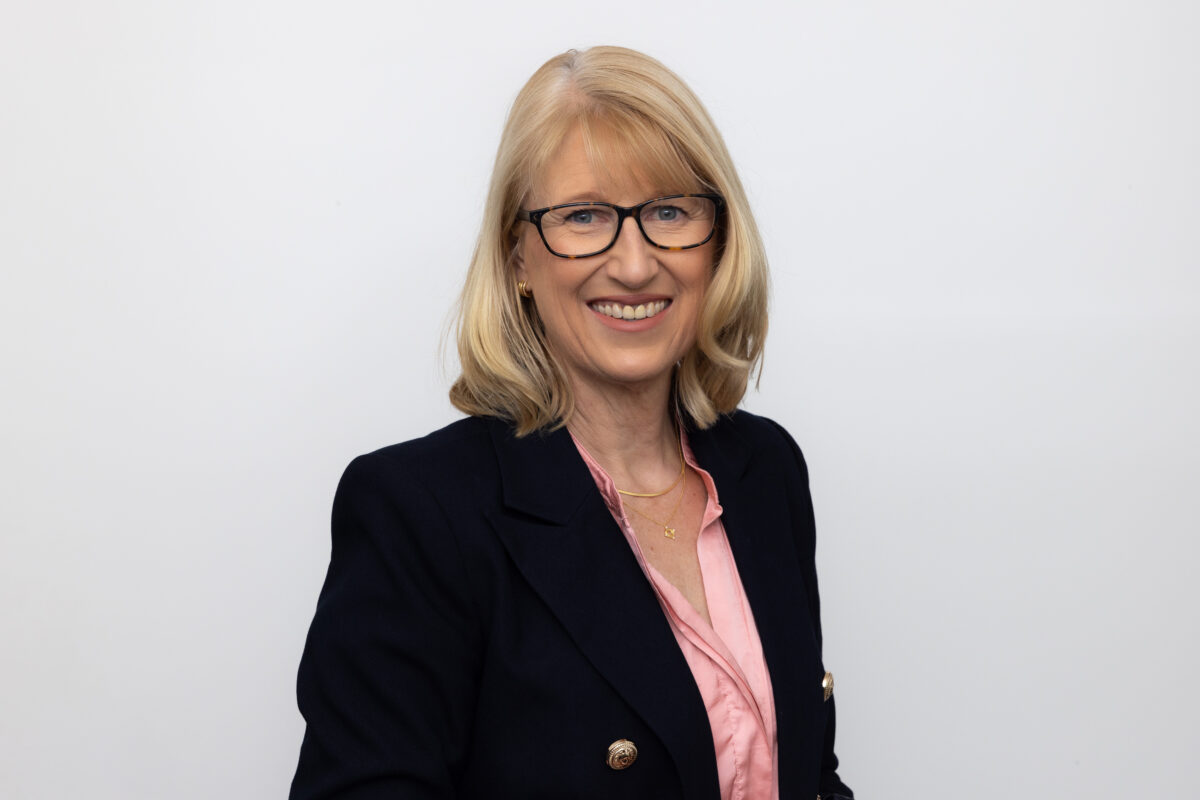
In the main, it’s men sitting on the big dollars in the VC firms. Increasingly there are females in the review teams but this remains rare and as rare birds they will suffer from all the same challenges of influence and reshaping dominant paradigms, but the decision makers are still predominantly men.
If you look at the businesses that many women are creating, they’re often addressing gaps where markets haven’t supported women’s needs or the opportunities are created from a female’s perspective on a product or experience. While Oho definitely had men and women involved in its design, when we took it to market for investment just as in our sales experience, many traditional VC firms didn’t get it.
So, to what extent do the decision makers distributing the investment genuinely understand the market that a female entrepreneur is bringing to them, and/or care about it? The VC market is not alone – exactly the same challenge many businesses have to see their product as it’s seen through the eyes of half the population.
In my experience, VC firms are also less willing to take risk on female founded businesses. I can’t tell you how many people (males) said to me, ‘Oh, look, Claire, when you’ve hit this milestone, come back and we’ll definitely be in the next round’. As a result, my advisor we work from two investor target lists – the ones likely to invest…. and the ones for practice.
We’ve put diversity targets on employment. Is it time for VCs to have to disclose formally how much money they’re giving to female founders? I think we need some way of holding the VC market to account for how they’re distributing their cash just like disclosing diversity results in leadership in corporate Australia led to change. Like the 30 percent club in governance – wouldn’t it be amazing to have a VC 30% club!
Championing the next generation
I want women having equal representation in the full entrepreneurial ecosystem, rather than special attention. But with the amount of funds given to women-led businesses falling to 0.7% in 2022, organisations like Alice Anderson and other similar government and private sector initiatives are essential.
I recently heard that a high proportion of the next generation coming into the workforce is going to have a side hustle as well as their full-time job, and I think that’s very exciting. There will be a lot of female businesses being created, and that says we are in for a period of quite interesting innovation, provided they can get access to funding.
They like us, need champions to pull us through for some time yet until the ecosystem matures – AA is one of those champions as you’ve heard putting real and substantial funds into great women led businesses.
